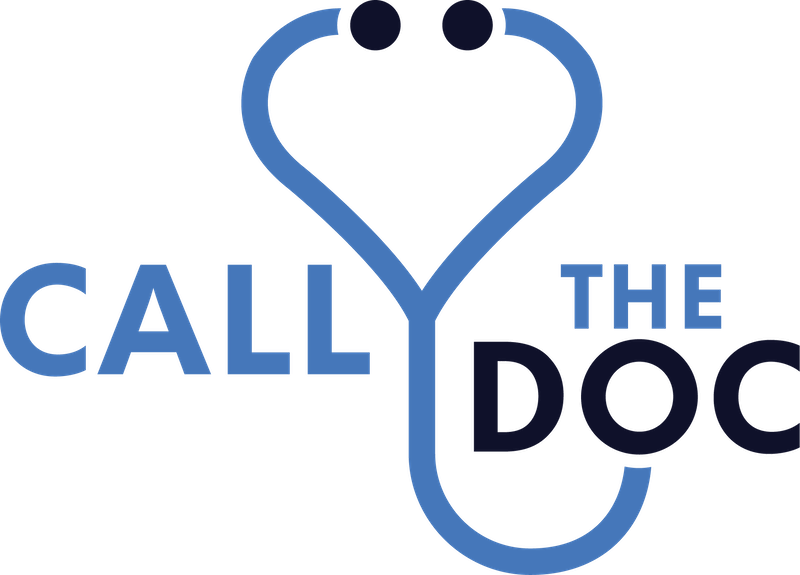NOTICE OF PRIVACY PRACTICES
Protected health information, about you, is obtained upon membership with Call The Doc and as a record of your telemedicine consultations for health services with Call The Doc. This information is called protected health information. Specifically, “Protected Health Information” is information about you, including demographic information (i.e., name, address, phone, etc.) that may identify you and relates to your past, present or future physical or mental health condition and related health care services.
Call The Doc is required to follow specific rules on maintaining the confidentiality of your protected health information, how our staff uses your information, and how we disclose or share this information with other healthcare professionals involved in your care and treatment. This Notice describes your rights to access and control your protected health information. It also describes how we follow those rules and use and disclose your protected health information to provide your treatment, obtain payment for services you receive, manage our health care operations and for other purposes that are permitted or required by law.
If you have any questions about this Notice, please contact our Privacy Manager at 800-414-7882
Your Rights Under The Privacy Rule
Following is a statement of your rights, under the Privacy Rule, in reference to your protected health information. Please feel free to discuss any questions with our staff.
You have the right to receive and we are required to provide you with a copy of the Notice of Privacy Practices. We are required to follow the terms of this notice. We reserve the right to change the terms of our notice, at any time. If needed, new versions of this notice will be effective for all protected health information that we maintain at all time. Upon your request, we will provide you with the a revised Notice of Privacy Practices if you call our office and request a revised copy be sent to you in the mail or ask for one at the time of your next telemedicine consultation.
You have the right to authorize other use and disclosure. This means you have the right to authorize or deny any other use or disclosure of protected health information not specified in this notice. You may revoke an authorization, at any time, in writing, except to the extent that your physician or our office has taken action in reliance on the use or disclosure indicated in the authorization.
You have the right to designate a personal representative. This means you may designate a person with the delegated authority to consent to, or authorize the use or disclosure of protected health information.
You have the right to inspect and copy your protected health information. This means you may inspect and obtain a copy of protected health information about you that is contained in your patient record.
You have the right to request a restriction of your protected health information. This means you may ask us, in writing, not to use or disclose any part of your protected health information for the purposes of treatment, payment or healthcare operations. You may also request that any part of your protected health information not be disclosed to family members or friends who may be involved in the care or for the notification purposes as described in the Notice of Privacy Practices.
You have the right to have us amend your protected health information. This means that you may request an amendment of your protected health information for a long as we maintain this information. In certain cases, we may deny your request for an amendment.
You have the right to request a disclosure accountability. This means that you may request listing of your protected health information disclosures we have made to entities or persons outside of our office.
Complaints
You may complain to us or the Secretary of Health and Human Services if you believe your privacy rights have been violated by us. You may file a complaint with us by notifying our Privacy Manager of your complaint.
How We May Use or Disclose Protected Health Information
Following are examples of use and disclosures of your protected health care information that we are permitted to make. These examples are not meant to be exhaustive, but to describe the type of uses and disclosures that may be made by our office.
For Treatment. We may use and disclose your protected health care information to provide, coordinate, or manage your health care and any related services. This includes the coordination or management of your health care with a third party that is involved in your care and treatment. For example, we would disclose your protected health information, as necessary, to a pharmacy that would fill your prescriptions. We will also disclose protected health information to other physicians who may be involved in your care and treatment.
We may use or disclose your protected health information, as necessary, to contact you to remind you of your requested doctor consultation. We may contact you by phone or other means to provide results from exams or tests and to provide information that describes or recommends treatment alternatives regarding your care. And, we may contact you to provide information about health related benefits and services offered by our office.
For Payment. Your protected health information will be used, as needed, to obtain payment for our health care services. This may include certain activities that your health benefits provider needs before it approves or pays for the health care services we recommend for you such as; making a determination of eligibility or coverage for insurance benefits, reviewing services provided to you for medical necessity, and undertaking utilization review activities.
For Healthcare Operations. We may use or disclose, as needed, your protected health information in order to support the business activities of our practices. This includes, but is not limited to business planning and development, quality assessment and improvement, medical review, legal services, and auditing functions. It also includes education, provider credentialing, certification underwriting, rating, or other insurance related activities. Additionally it includes business administrative activities such as customer service, compliance with privacy requirements, internal grievance procedures, due diligence in connection with the sale of transfer of assets, and creating de-identified information.
Other Permitted and Required Uses and Disclosures
We may also use and disclose your protected health information in the following instances. You have the opportunity to agree or object to use or disclose of all or part of your protected health information.
To others involved in your healthcare. Unless you object, we may disclose to a member of your family, a relative, a close friend or other person that you identify, your protected health information that directly relates to that person’s involvement in your health care. If you are unable to agree or object to such disclosure, we may disclose such information as necessary if we determine that it is in your best interest based on our professional judgment. We may use or disclose protected health information to notify or assist in notifying a family member, personal representative, or any other person that is responsible for your care, general condition or death. If you are not present or able to agree or object to the use or disclosure of the protected health information, then your physician may, using professional judgment, determine whether the disclosure is in your best interest. In this case, only the protected health information that is relevant to your health care will be disclosed.
As required by law. We may use or disclose your protected health information to the extent that the use or disclosure is required by law.
For Public Health. We may disclose your protected health information for public health activities and purposes to a public health authority that is permitted by law to collect or receive the information.
For Communicable Diseases. We may disclose your protected health information, if authorized by law, to a person who may have been exposed to a communicable disease or may otherwise be at risk of contacting or spreading the disease or condition.
For Health Oversight. We may disclose protected health information to a health oversight agency for activities authorized by law, such as audits, investigations, and inspections.
In Cases of Abuse and Neglect. We may disclose your protected health information to a public health authority that is authorized by law to receive reports of child abuse or neglect. In addition, we may disclose your protected health information if we believe that you have been a victim of abuse, neglect or domestic violence to the governmental entity or agency authorized to receive such information. In this case, the disclosure will be made consistent with the requirements of applicable federal and state laws.
To the Food and Drug Administration. We may disclose your protected health information to a person or company required by the Food and Drug Administration to report adverse events, product defects or problems, biologic product deviations, track products, to enable product recalls; to make repairs or replacement, or to conduct post marketing surveillance, as required.
For Legal Proceedings. We may disclose protected health information in the course of any judicial or administrative proceedings, in response to an order of a court or administrative tribunal (to the extent such disclosures is expressly authorized), in certain conditions in response to a subpoena, discovery request or other lawful process.
To Law Enforcement. We may also disclose protected health information, so long as applicable legal requirement are met, for law enforcement purposes.
To Coroners, Funeral Directors, and Organ Donation. We may disclose protected health information to a coroner or medical examiner for identification purposes, determining cause of death or for the coroner or medical examiner to perform duties authorized by law. We may also disclose protected health information to a funeral director, as authorized by law, in order to permit the funeral director to carry out their duties. Protected health information may be used and disclosed for cadaveric organ, eye or tissue donation.
In Cases of Criminal Activities. Consistent with applicable federal and state laws, we may disclose your protected health information, if we believe that the use or disclose is necessary to prevent or lessen a serious or imminent threat to the health or safety of a person or the public. We may also disclose protected health information if it is necessary for law enforcement authorities to identify or apprehend an individual.
For Military Activity and National Security. When the appropriate condition apply, we may use or disclose protected health information of individual who are Armed Forces personnel (1) for activities deemed necessary by appropriate military command authorities, (2) for the purpose of determination by the Department of Veterans Affairs of your eligibility for benefits, or (3) to foreign military authority if you are a member of that foreign military.
For Worker’s Compensation. Your protected health information may be disclosed by us as authorized to comply with worker’s compensation laws and other similar legally-established programs.
When an Inmate. We may use or disclose protected health information if you are an inmate of a correctional facility and your physician created or received your protected health information in the course of providing care to you.
Required Uses and Disclosures. Under law, we must make disclosures about you and when required by the Secretary of the Department of Health and Human Services to investigate or determine our compliance with the requirements of the Privacy Rule.

